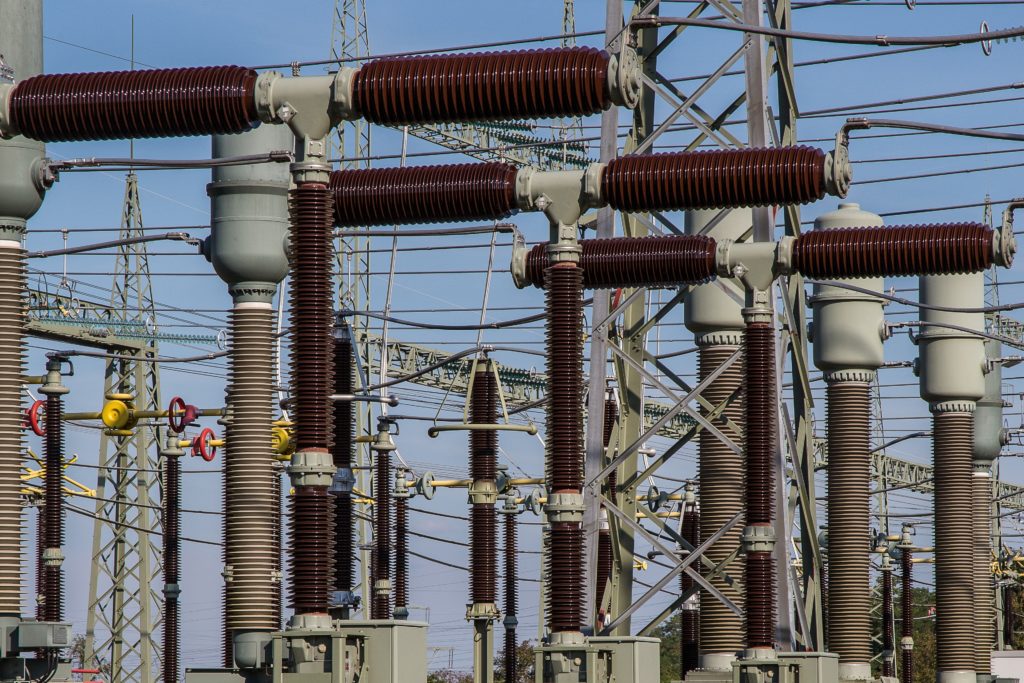
ARTICLE
Improving workplace energy efficiency to fight climate change
Buildings in the UK are responsible for a significant 29% of annual carbon emissions, a fact often surprising to many. While sectors like transport, agriculture, and manufacturing typically come to mind regarding high carbon emissions, buildings, particularly in Oxford City, contribute a staggering 81% to the annual carbon footprint.
Oxford City Council’s 2019 report on the Citizen’s Assembly stresses the need for improved building standards, widespread retrofitting, and a shift towards sustainable energy sources for both domestic and non-domestic needs.
“The buildings sector should adopt improved building standards, widespread retrofitting , and more domestic and non-domestic energy needs being met by sustainable sources.”
Oxford City Council’s report on the Citizen’s Assembly (2019)
This emission problem stems from the energy required to heat and power our often old and inefficient buildings, featuring outdated elements such as single-glazed windows, uninsulated walls, and faulty heating systems.
Retrofitting, commonly associated with homes, is equally vital for offices, warehouses, guesthouses, and shops. Businesses, unaware of their role in the climate crisis, contribute to it through inefficient building practices.
To meet climate targets and address climate change threats, it’s crucial to focus on energy efficiency in workplaces and premises. Barbara Hammond MBE, CEO of Low Carbon Hub, emphasises the need to swiftly address high energy usage in buildings to drastically reduce carbon emissions.
“To drastically reduce our carbon emissions, we must increase energy efficiency and reducing energy demand.”
Barbara Hammond MBE, CEO of Low Carbon Hub
Energy efficiency measures, like draught-proofing and upgrading heating systems, aim to lower energy consumption. However, these improvements may seem time-consuming and costly for companies, making energy efficiency a lower priority despite environmental concerns. This is where Energy Solutions Oxfordshire offers a comprehensive assessment service. It simplifies energy efficiency improvements, helping organisations save on energy bills while minimising their carbon footprint.
If you work for a local business or organisation, and are looking at ways to improve energy efficiency at your premises, take action now. Get our free Workplace Energy Efficiency Checklist to get started with low-cost, quick-win measures, or reach out to our team about getting a comprehensive assessment done.
Did you like what you read?
Then share this page with a colleague to keep the
conversation going and spark new ideas.
You might also like…

Efficiency is the invisible superpower of the energy transition.

Common energy efficiency measures to reduce energy usage

UK’s green economy is four times larger than the manufacturing sector


